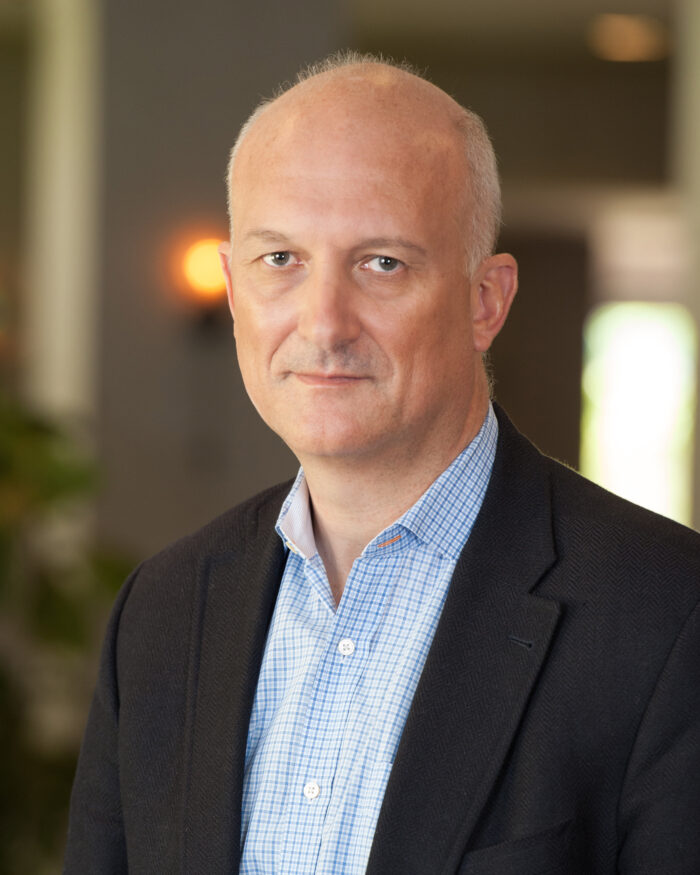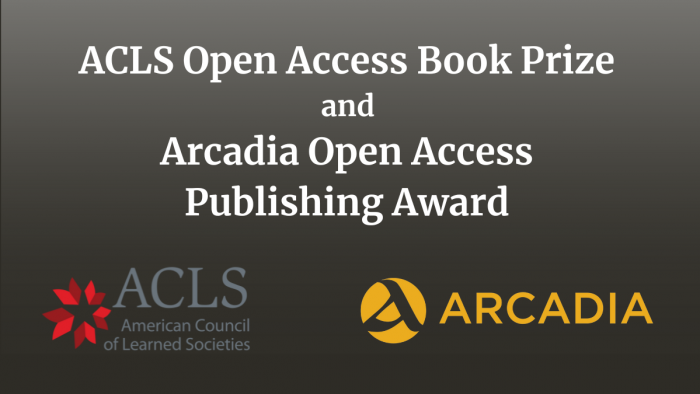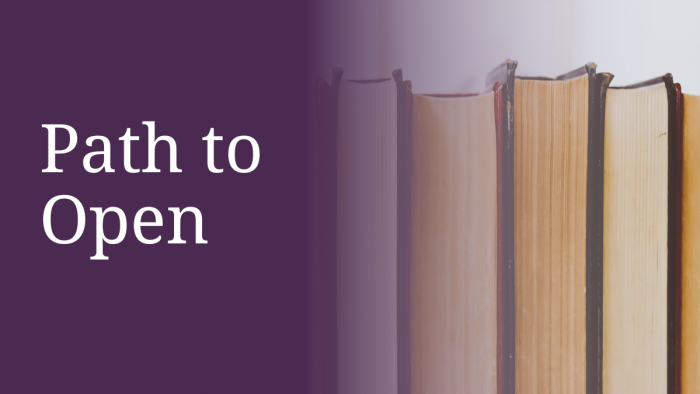


Books will always matter to humanistic scholarship. In other fields, books are unusual; sometimes they are considered vanity items. In much of the academic world, the journal article reigns supreme as the coin of the realm because of the influence of science. While the article celebrates the specialized argument, the book makes a significant argument that reaches beyond a narrow audience and can bridge new communities of the curious. Books resonate over long periods of time; scholars devote years of their lives to working through an extended argument which can create and shape fields of inquiry. At ACLS we feel strongly that the authorship of books should not be mindlessly employed as the only way to gauge who merits professional advancement in the academic humanities and interpretive social sciences. Publicly engaged scholarship, digital scholarship, and collaborative work that might be disseminated in various strategies are all central to the well-being of these fields. But books will always matter.
Authoring a book – or two – continues to play a central role in professional advancement in many colleges and universities. Yet within the context of today’s academy, humanistic books are caught in a systemic crossfire: seeking to survive with little subsidy, university presses struggle to sell enough books to maintain their work. Thirty years ago, a university press monograph would be bought by 1,000 libraries. As spending on scientific databases has eaten away at library acquisition budgets, a humanities book might now be purchased by 200 libraries.
As Charles Watkinson, Associate University Librarian, Publishing, University of Michigan Library and Director of University of Michigan Press, and Melissa Pitts, Director of University of British Columbia Press have noted: “with more than 4,000 degree-granting institutions and fewer than 130 university presses in the United States and Canada, this vital infrastructure of knowledge and career advancement is directly supported by less than 3 percent of the institutions it benefits.”
If we want to support the pluralism of humanistic scholarship and to build new fields of study, publishers need to be able to take risks on the longform arguments of scholars.
The infrastructure for circulating humanistic scholarship lags far behind large swaths of scientific scholarship, which are subsidized by grants—and mandated by a White House initiative—to provide Open Access (OA). So, while authors are eager for wider readership and influence and scholars in and out of the academy can only do their work by accessing the literature in their field, the current system fails to maximize access, to everyone’s loss. As historian and ACLS Board Member Peter Baldwin noted in his recent book, Athena Unbound, “To issue an academic monograph with a conventional university press or one of the commercial scholarly houses often means dropping your work into a black hole…. From the reading public’s vantage, these books might as well have been buried in their authors’ back garden.”
Two barriers persist. One is cultural: OA models supported by the NEH and others in no way inhibit the production and sale of physical books; and yet, early-career scholars at some institutions continue to be warned by mentors to avoid publishing OA, lest outside letter writers see their work as of less value. There’s no particular logic to this bias, but logic doesn’t always rule in the work of shifting longstanding norms. The other barrier – the difficulty of re-calibrating the business of university publishing to ensure the well-being of presses while opening the scholarly record more widely or fully – is based on real challenges. Subsidies are hard to find.
Working with colleagues from presses, libraries, and our member societies, ACLS has embarked upon two significant efforts to get humanistic books into the hands of readers – readers in specialized fields, in broad academic areas, and in the world outside the gates.
The ACLS Open Book Prize and Arcadia Open Access Subvention are new dual awards that recognize excellence in humanities scholarship published as immediate open access. With generous support from the Arcadia Fund, the author of each open book prize receives $20,000, while the publisher of the book receives a subvention of $30,000 toward the open access publication of two additional books.
At the same time, we have been working with colleagues across the sector to launch Path to Open, a three-year pilot collaboration among university presses, libraries, and scholars, offering a new model for funding open access monograph publication in the humanities. Path to Open operates as a library subscription model that provides infrastructure and guaranteed funding of at least $5,000 per title to participating publishers. More than 30 university presses have signed on for the first year. The initial round of approximately 100 titles will be accessible to library subscribers via JSTOR beginning in October 2023.
So many of the challenges of institutional life have no clear answer; we often are caught in Weber’s Iron Cage. But change of some systems can actually succeed when the right inter-institutional networks can be brought together. If we want to support the pluralism of humanistic scholarship and to build new fields of study, publishers need to be able to take risks on the longform arguments of scholars. There’s no magic wand, but there is a path forward: it requires some philanthropic risk capital, some re-allocation of the money that is already circulating in the system, some eventual culture change around the value of open access publishing, and some efforts to build partnership with systems-minded and mission-driven infrastructure organizations. The humanities matter more when the books of scholars are accessed and read without barriers. With great partners, we are optimistic that we can make this happen.
James Shulman
ACLS Vice President and Chief Operating Officer
James Shulman has served as the vice president and chief operating officer of the American Council of Learned Societies since July 2018. Prior to joining ACLS, Shulman served as a Senior Fellow at The Andrew W. Mellon Foundation, an affiliate of the Berkman Center for the Internet & Society at Harvard University, and the founding president of Artstor. He received his BA and PhD from Yale in Renaissance Studies; his most recent book, The Synthetic University: How Higher Education Can Benefit from Shared Solutions and Save Itself will be published by Princeton University Press in October 2023.



